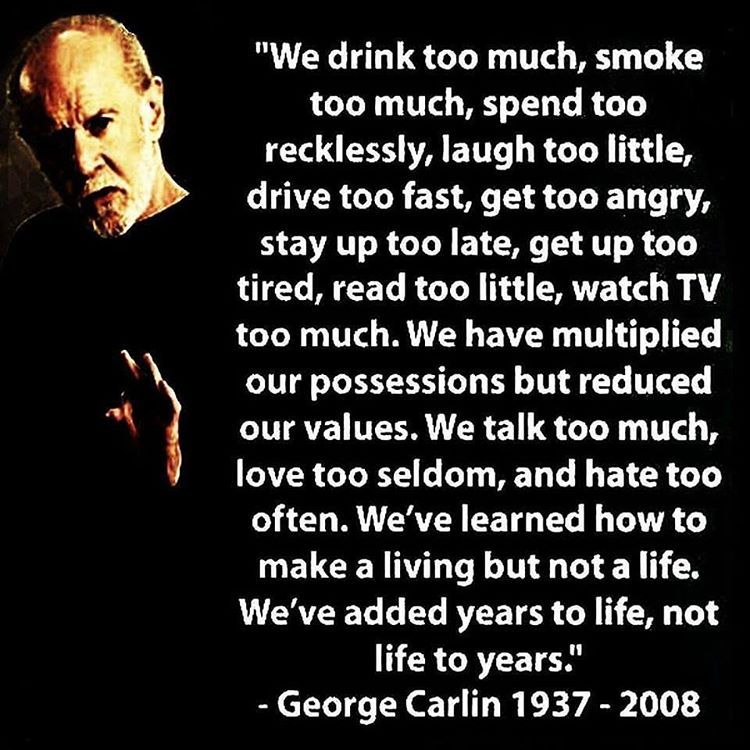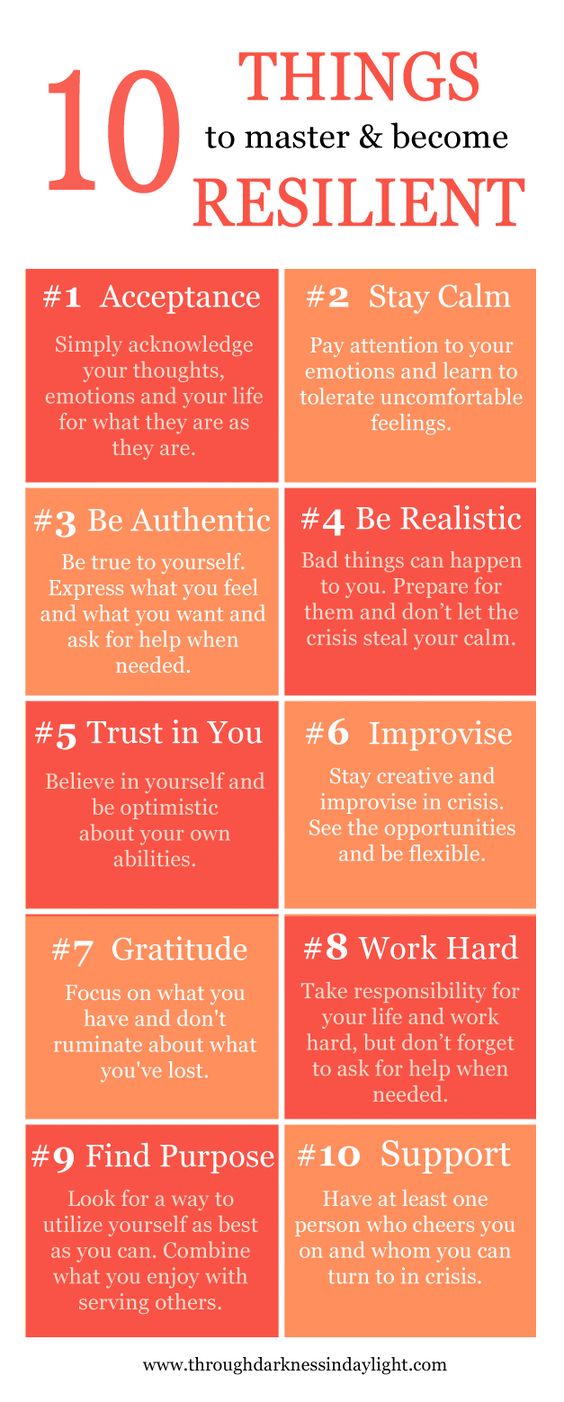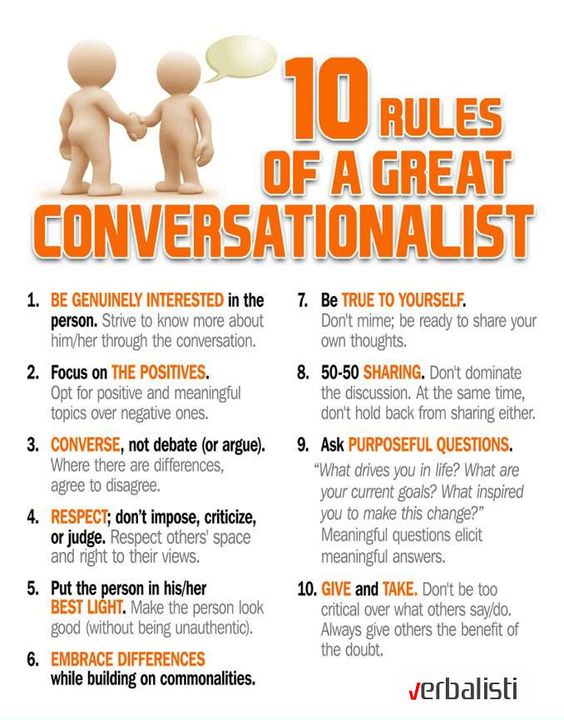




3Dprinting (176) A.I. (761) animation (340) blender (197) colour (229) commercials (49) composition (152) cool (360) design (636) Featured (69) hardware (308) IOS (109) jokes (134) lighting (282) modeling (131) music (186) photogrammetry (178) photography (751) production (1254) python (87) quotes (491) reference (310) software (1336) trailers (297) ves (538) VR (219)
Category: quotes
-
Richard Dawkins quotes
Science is the poetry of reality.
Let us try to teach generosity and altruism, because we are born selfish.
The solution often turns out more beautiful than the puzzle.
Natural selection will not remove ignorance from future generations.
One of the things that is wrong with religion is that it teaches us to be satisfied with answers which are really not answers at all.
Our animal origins are constantly lurking behind, even if they are filtered through complicated social evolution.
Blindness to suffering is an inherent consequence of natural selection. Nature is neither kind nor cruel but indifferent.
It is a remarkable coincidence that almost everyone has the same religion as their parents and it always just so happens they’re the right religion
We are all atheist about most of the gods that societies have ever believed in. Some of us just one god further.
Religion is capable to drive people to such a dangerous folly that faith seems to me to qualify as a mental illness.
The less you think the more you believe.
Do not indoctrinate your children. Teach them how to think for themselves, how to evaluate evidence, and how to disagree with you.
-
Prove me wrong. But. Cannot prove a negative! The argument from ignorance.
The argument from ignorance (or argumentum ad ignorantiam and negative proof) is a logical fallacy that claims the truth of a premise is based on the fact that it has not (yet) been proven false, or that a premise is false because it has not (yet) been proven true.
It is a common human’s logic fallacy, which simply states:
i dont know what that is… in which case it must be this or that…It is often used as an attempt to shift the burden of proof onto the skeptic rather than the proponent of the idea. But the burden of proof must always be on the individual proposing existence, not the one questioning existence.
Ignorance is ignorance; no right to believe anything can be derived from it. In other matters no sensible person will behave so irresponsibly or rest content with such feeble grounds for his opinions and for the line he takes.
A common retort to a negative proof is to reference the existence of the Invisible Pink Unicorn or the Flying Spaghetti Monster as just as valid as the proposed entity of the debate. This is similar to reductio ad absurdum, that taking negative proof as legitimate means that one can prove practically anything, regardless of how absurd.
A religious apologist using the argument from ignorance would state something like, “the existence of God is true because there is no proof that the existence of God is false”. But a counter-apologist can use that same “argument” to state, “the nonexistence of God is true because there is no proof that the nonexistence of God is false”. This immediately demonstrates how absurd the argument from ignorance is by turning the tables on those who use this “argument” fallacy, like some religious apologists.
-
Mind games
If you have a song stuck in your head that you can’t seem to get out, think of the end of the song and it should go away. This is due to something called the Zeigarnik effect, which is basically your mind having a problem with things left unfinished.
If you want to get your child to do something, say, drink milk, do what Tigerlily1510 says: “Ask your son if he wants milk and he’ll say no, but ask him if he wants milk in a blue cup or a red cup and he’ll choose a colour and drink his milk! Magic!”
Use silence to your advantage when negotiating. People have a natural tendency to be uncomfortable with silence, and will often do whatever it takes to break it. Just be patient.
When you tell a joke in a big group of people, the person who you turn to look at first is the person you’re closest to.
Do this to someone: Tell them to look into your eyes and say they can’t stop looking. Ask them what they had for lunch three days ago and chances are they won’t be able to answer. It’s very hard to remember something without moving your eyes.
Whispering something to someone almost guarantees that they’ll whisper back.
When trying to find something, look right to left instead of left to right. You’re more likely to miss things because your eyes are used to looking one way.
If you want someone to believe a totally untrue story, repeat it three separate times adding details each time. For example: “You can say to someone ‘remember that time at school, when Mr Smith accidentally ran over the math teacher in the teacher’s car park?’ The first time they won’t and will question you, but then repeat the same thing later with a couple of details thrown in and the third time you mention it, they will remember it happening.”
If you want someone to believe your lie, add an embarrassing detail about yourself. For example: “Instead of saying, “No I wasn’t at Jimson James’ house. I was with Randy the whole time.” Try saying, “No I haven’t been to Jimsons’ in a while. I clogged his toilet so I don’t think his parents want me over there for a while… so me and Randy hung out.”
Nodding your head while asking a question makes the other person more likely to agree with you.
When arguing with someone, act much calmer than them. This can cause them to say something particularly irrational which you can use against them.
When you tell a joke in a big group of people, the person who you turn to look at first is the person you’re closest to.
Do this to someone: Tell them to look into your eyes and say they can’t stop looking. Ask them what they had for lunch three days ago and chances are they won’t be able to answer. It’s very hard to remember something without moving your eyes.
Whispering something to someone almost guarantees that they’ll whisper back.
When trying to find something, look right to left instead of left to right. You’re more likely to miss things because your eyes are used to looking one way.
If you want someone to believe a totally untrue story, repeat it three separate times adding details each time. For example: “You can say to someone ‘remember that time at school, when Mr Smith accidentally ran over the math teacher in the teacher’s car park?’ The first time they won’t and will question you, but then repeat the same thing later with a couple of details thrown in and the third time you mention it, they will remember it happening.”
Let’s say you’re carrying something you don’t want to be carrying. Easy fix, just follow rarabara’s advice: “If you want to get get rid of an object, for example walking with a friend after you bought a 2l coke bottle and want him to carry it, just keep talking to him while handing him the bottle, most of the times people will just take the object automatically without thinking.”
Here’s how to win rock, paper, scissors every time: “Right before you are about to count (or interrupt the count) catch the person off-guard with a personal question, or something directed at them. Then immediately after just resume the count like nothing happened. Most of the time the person will throw scissors as a sort of automatic defensive mechanism.” -
Enzo Ferrari famous quotes
- A company is built from people first, machines after and walls last.
- I think I am worse than others, but Im not sure how many are better than me.
- When a person has goals to reach, he cannot get old.
- The best Ferrari ever built is the next one.
- Dont do good if you are not ready for ingratitude.
COLLECTIONS
| Featured AI
| Design And Composition
| Explore posts
POPULAR SEARCHES
unreal | pipeline | virtual production | free | learn | photoshop | 360 | macro | google | nvidia | resolution | open source | hdri | real-time | photography basics | nuke
FEATURED POSTS
-
copypastecharacter.com – alphabets, special characters and symbols library
-
Ross Pettit on The Agile Manager – How tech firms went for prioritizing cash flow instead of talent
-
AI Search – Find The Best AI Tools & Apps
-
HDRI Median Cut plugin
-
Mastering The Art Of Photography – PixelSham.com Photography Basics
-
STOP FCC – SAVE THE FREE NET
-
What Is The Resolution and view coverage Of The human Eye. And what distance is TV at best?
-
Sensitivity of human eye
Social Links
DISCLAIMER – Links and images on this website may be protected by the respective owners’ copyright. All data submitted by users through this site shall be treated as freely available to share.











